IR battlelines: Coalmining giants take fight to court
Whitehaven Coal, Peabody and Glencore are launching an appeal to overturn a FWC decision forcing coalminers into multi-employer bargaining, in a landmark test case for Labor’s IR laws.
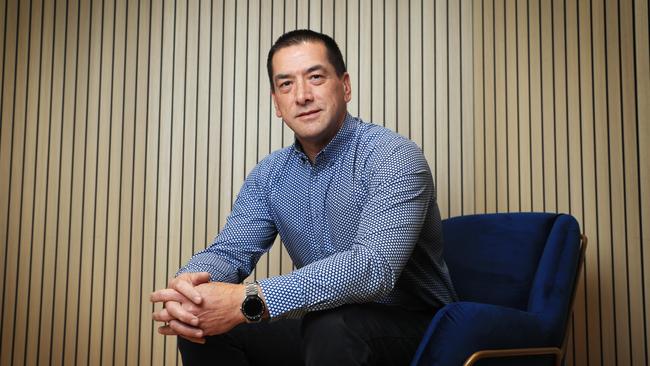
Mining giants Whitehaven Coal, Peabody and Glencore are launching a joint appeal to overturn a Fair Work Commission decision compelling the companies into multi-employer bargaining, warning the nation is on the brink of reliving the “dark days” of the industrial disputes of the 1970s and 1980s.
The three NSW coalmining companies on August 23 became the first miners hit with a FWC ruling applying the Albanese government’s multi-employer bargaining rules, which the resources sector this month warned would bring “conflict to every workplace”.
Ahead of Federal Court appeal proceedings, the miners – who between them employ thousands of Australians – have hit out at federal Labor’s “continued attacks” on their industry’s competitiveness and sustainability.
Anthony Albanese and Workplace Relations Minister Murray Watt are refusing employer demands to abolish multi-employer bargaining and offering no compromise on the government’s union-backed laws including same job, same pay.
In a landmark test case for the Prime Minister’s industrial relations laws, The Australian can reveal Whitehaven, Peabody and Ulan Coal Mines, a subsidiary of Glencore, are filing an application to the Federal Court seeking to overturn the FWC’s decision forcing the companies to participate in joint bargaining.
After Labor’s 2022 amendments to the Fair Work Act, the FWC last month sided with union representations in declaring that competing businesses mining the same commodity in the same state had a “common interest” requiring them to enter multi-employer bargaining negotiations.
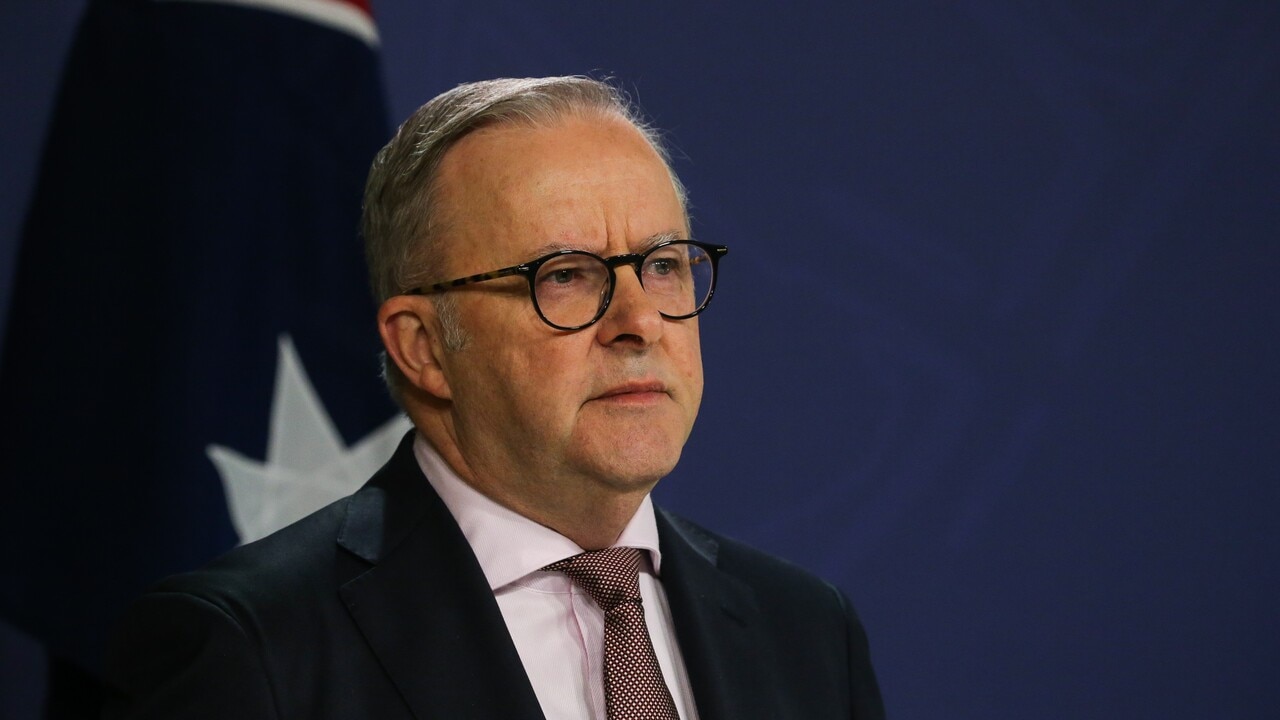
Mining companies, which are propping up federal and state budgets, are warning Labor’s multi-employer bargaining laws will encourage strikes and shutdowns, reduce competitiveness and have dire consequences for the economy, regions and jobs.
Amid fears other sectors could be hit with similar FWC rulings, such as banks, supermarkets and iron ore companies in the Pilbara, The Australian understands senior Peabody executives in the US are growing increasingly concerned about feedback they are hearing from global investors.
Minerals Council of Australia chief executive Tania Constable, who recently told Mr Albanese that Labor’s IR laws will bring conflict to every workplace, said the miners’ court appeal “aims to restore their right to negotiate enterprise agreements specific to their operations, rather than being forced into an industry-wide framework that could stifle their competitiveness and flexibility”.
Peabody chief executive Jim Grech said the miners were “disappointed and alarmed by the Fair Work Commission’s decision and will apply to the Federal Court seeking to have it set aside”.
“This dangerous precedent undermines our ability to fairly negotiate employment terms and conditions with our employees at Wambo or any of our other operations,” Mr Grech said.
“The decision also extends beyond the three companies involved, potentially dragging entire sectors into lengthy and complex multi-employer negotiations, and erodes Australia’s competitiveness by stripping companies and employees of their right to directly negotiate workplace conditions.
“We are confounded by the federal government’s continued attacks on the competitiveness and sustainability of an industry that is a job provider and tax generator for everyday Australians.”
Whitehaven Coal managing director and chief executive Paul Flynn said multi-employer bargaining “adds to the range of punitive policy interventions in the mining sector that make it substantially harder and more costly to do business”.
Mr Flynn said the government’s multi-employer bargaining laws represent a “return to unworkable 1970s-style industrial relations policy … it is a significant step backwards for the national economy and it should concern all Australians”.
“Enterprise-level bargaining has proven to be a successful framework for several decades, enabling employers and employees in the mining industry to negotiate workplace-specific outcomes that recognise the differences that exist between competing companies and operations,” Mr Flynn said.
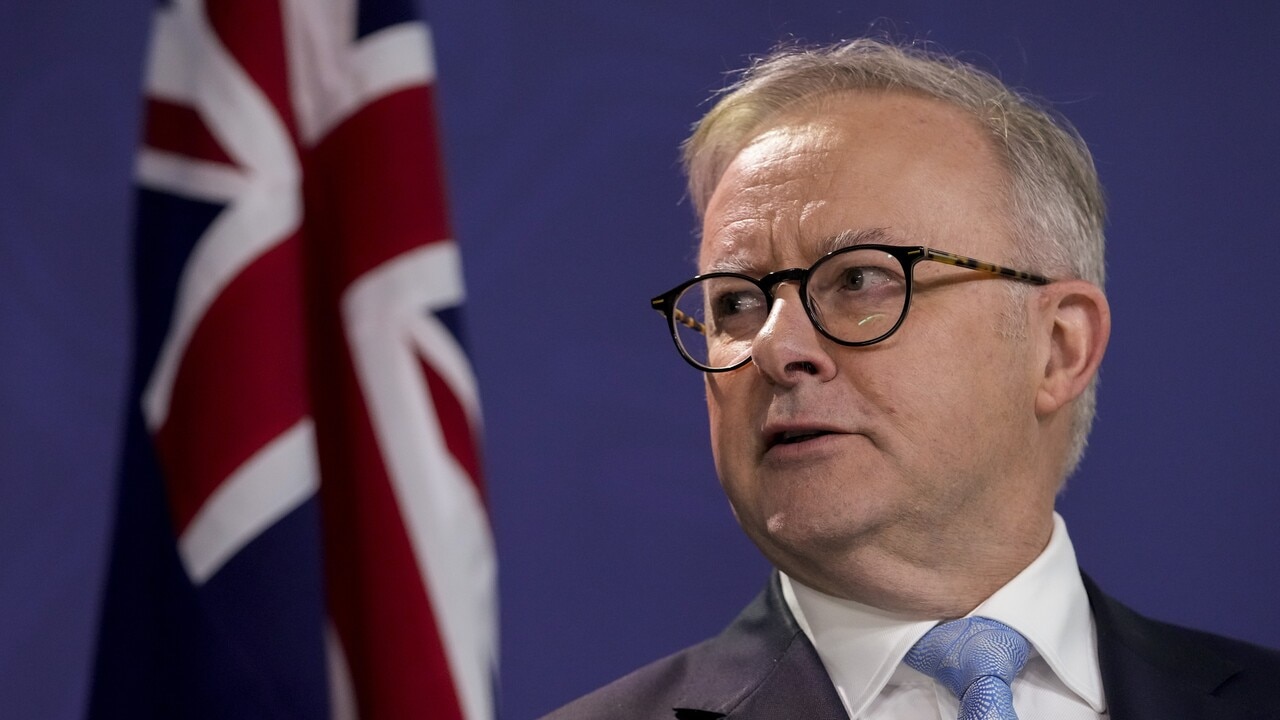
“Despite initially providing assurances that miners would not be impacted, the federal government’s outdated multi-employer bargaining laws are now set to drag the industry back to the flawed ways of the past and put future jobs and investment at risk.”
A Glencore spokesman told The Australian: “We do not want to see Australia return to the dark days of the 1970s and 1980s, where industrial disputes were the norm and the Australian economy suffered as a result.”
“Forcing business competitors to engage in collective bargaining creates more uncertainty, undermines business confidence and future investment, reduces productivity and will ultimately lead to more industrial disputes,” the spokesman said.
“Glencore, like other businesses in Australia, is looking for regulatory certainty and the ability to lift productivity and remain internationally competitive. This industrial relations legislation does the opposite and also dismantles the reforms of the Hawke–Keating government.”
Mr Flynn said “attracting and retaining employees with the right skills is fundamental to our continued success and enterprise-level bargaining provides the flexibility to achieve this”.
He said the cumulative impact of Labor’s IR policy changes have been negative, with “no clear evidence of a co-ordinated plan”.
“They’re fuelling cost and inflationary pressures, impacting productivity and creating further uncertainty,” he said.
Senator Watt last week pushed back against the resources sector and claimed multi-employer bargaining “is not wreaking the havoc that people are arguing”.
“We hear a lot of noise about our decision to revive multi-employer bargaining, something that had previously been in the Act. You’d be forgiven for thinking it was taking over the world,” Senator Watt said.
“In fact, only one single-interest multi-employer agreement has been finalised since we changed the law – in the heating, ventilation and airconditioning industry, between the AMWU and eight employers. Not exactly destroying business.”
Ms Constable said miners “do not want conflict … but under these new workplace laws, conflict has been brought upon us”. The MCA chief warned of severe consequences for regional coal communities and jobs in NSW and Queensland.
“It is a deliberate design feature of these laws. It sets a dangerous precedent that could affect many other sectors. Collectively, these companies represent thousands of Australian jobs, and the ruling puts both those jobs and the operational flexibility that supports them at risk,” she said.
“When mining operations are disrupted, it doesn’t just impact the workers on-site – it ripples through entire communities, from local businesses in the supply chain to the mines, to schools, healthcare facilities, and other local services that depend on a thriving local economy.”
The MCA believes the coalminers’ decision is the test case that will set the “precedent for how multi-employer bargaining laws will be applied”.
A briefing note said the FWC had taken a “very wide view of the law” and effectively endorsed the unions’ argument that “the fact that each of the companies mine coal for export in NSW should be enough for them to be roped in together.”
“If this precedent is extended to other industries, it would mean, for example: the major iron ore producers roped in together because they all mine the same resource in Western Australia.
“All ‘big four’ banks roped in together because they all provide retail banking services throughout Australia. Coles and Woolworths roped in together because they both sell the same types of groceries in similar types of stores in a particular state.
“This decision effectively turns back the clock four decades and could unwind the historic movement from industry-wide wage fixing to enterprise-based terms and conditions that began in the 1980s and, until recently, had bipartisan support.”


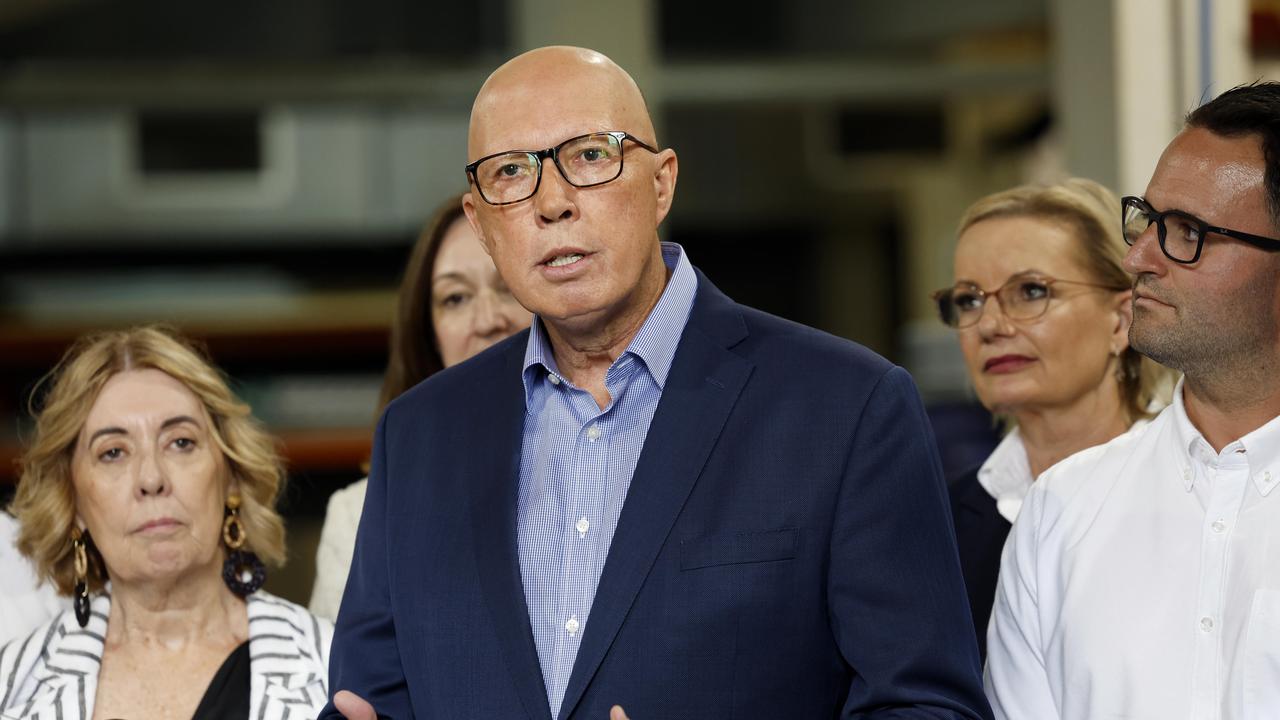
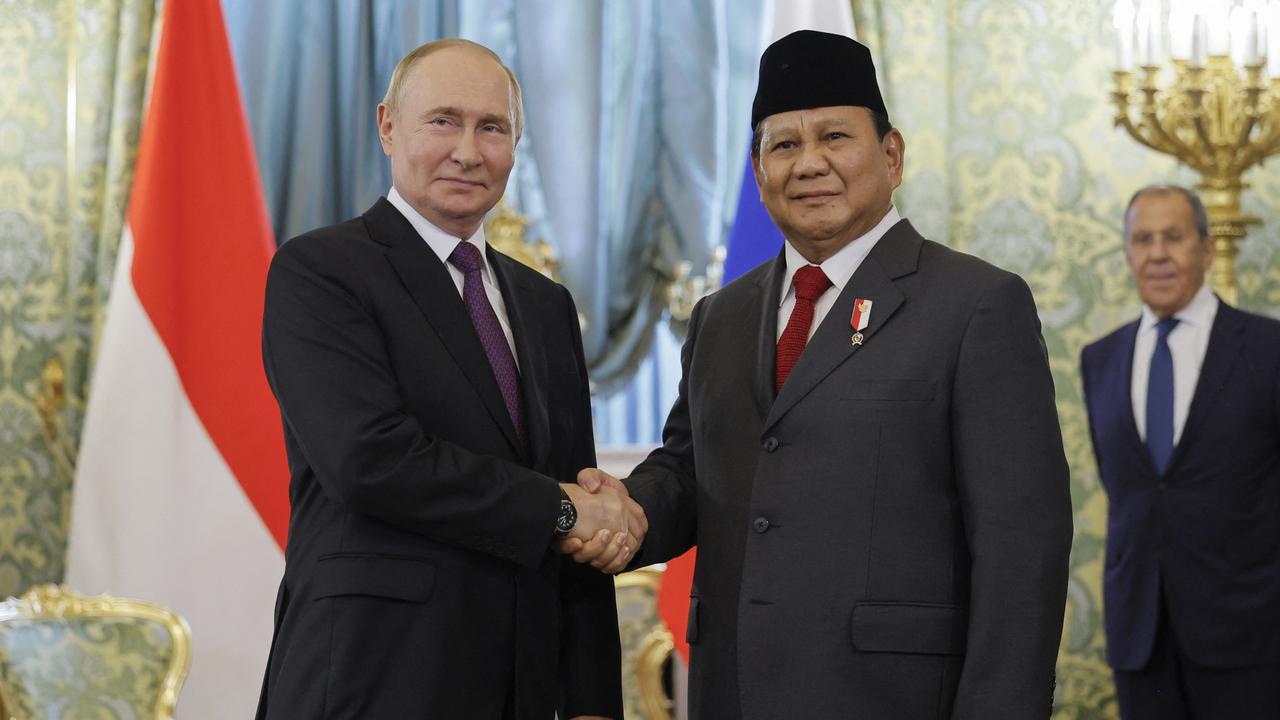
To join the conversation, please log in. Don't have an account? Register
Join the conversation, you are commenting as Logout